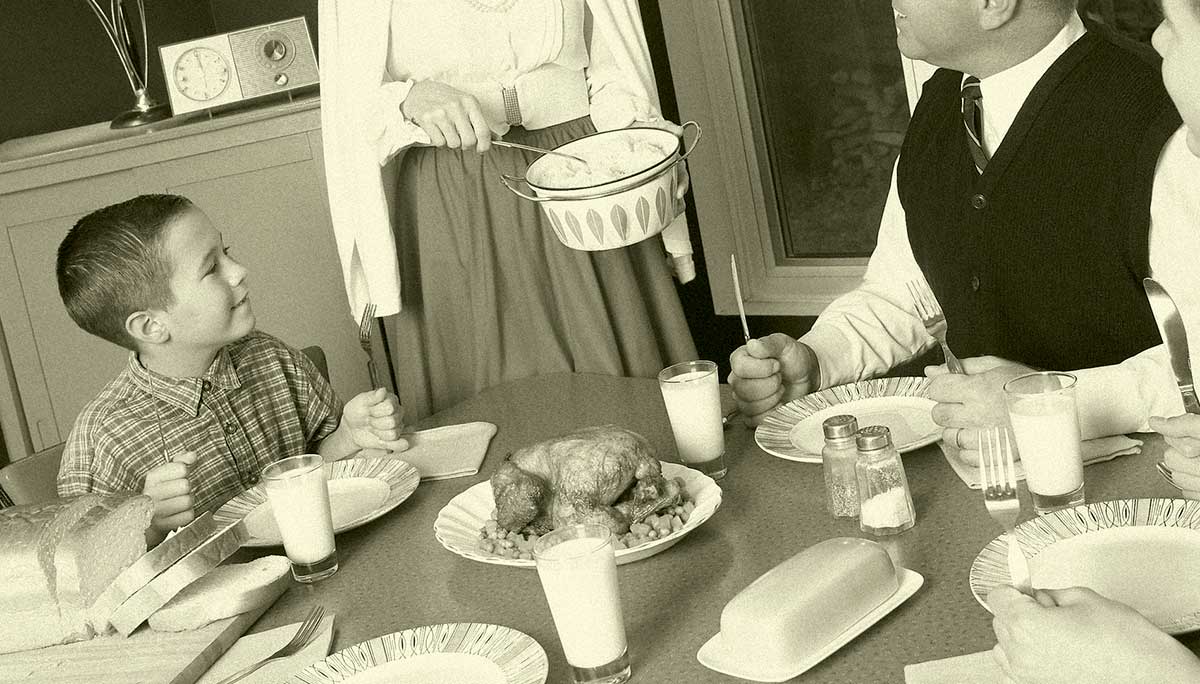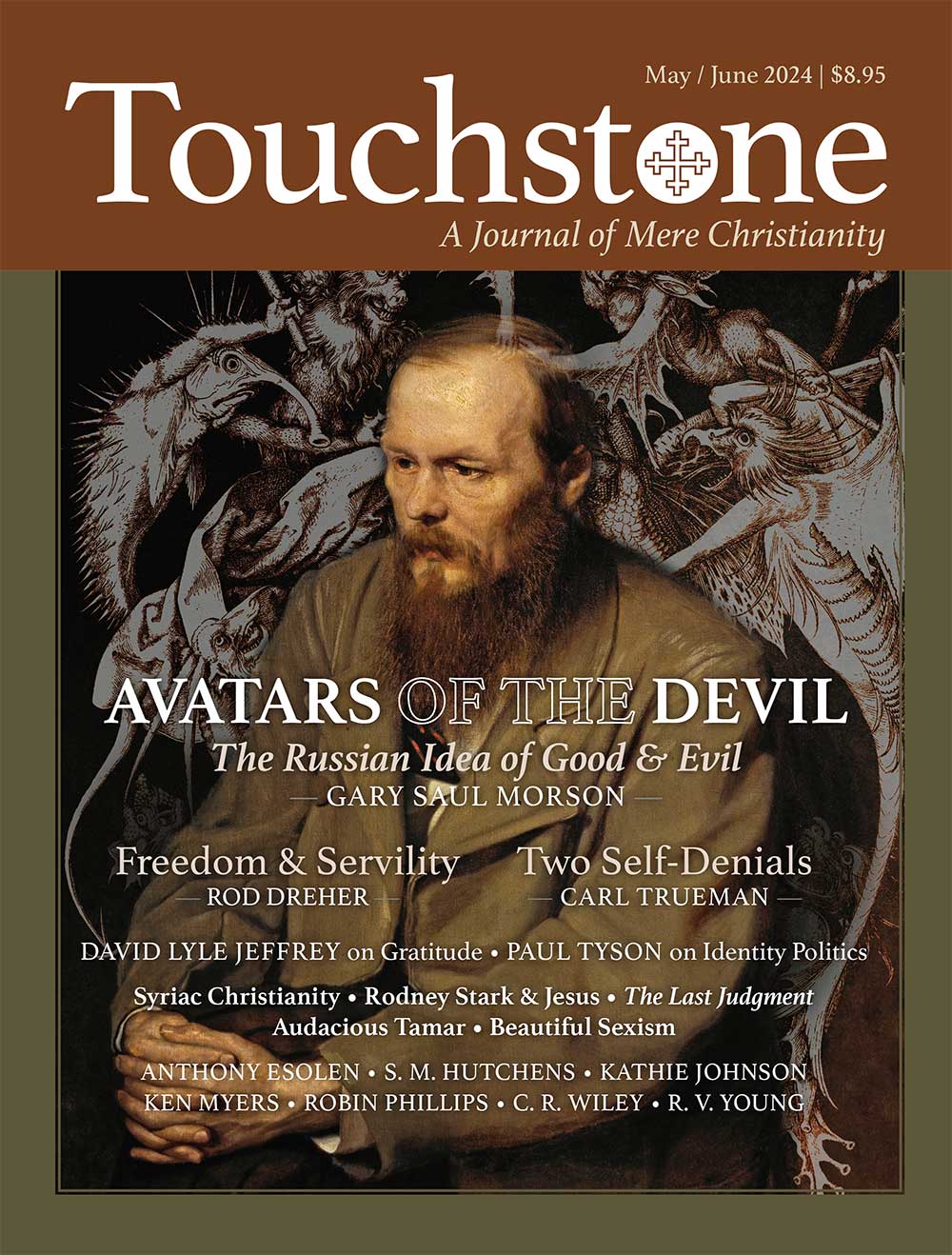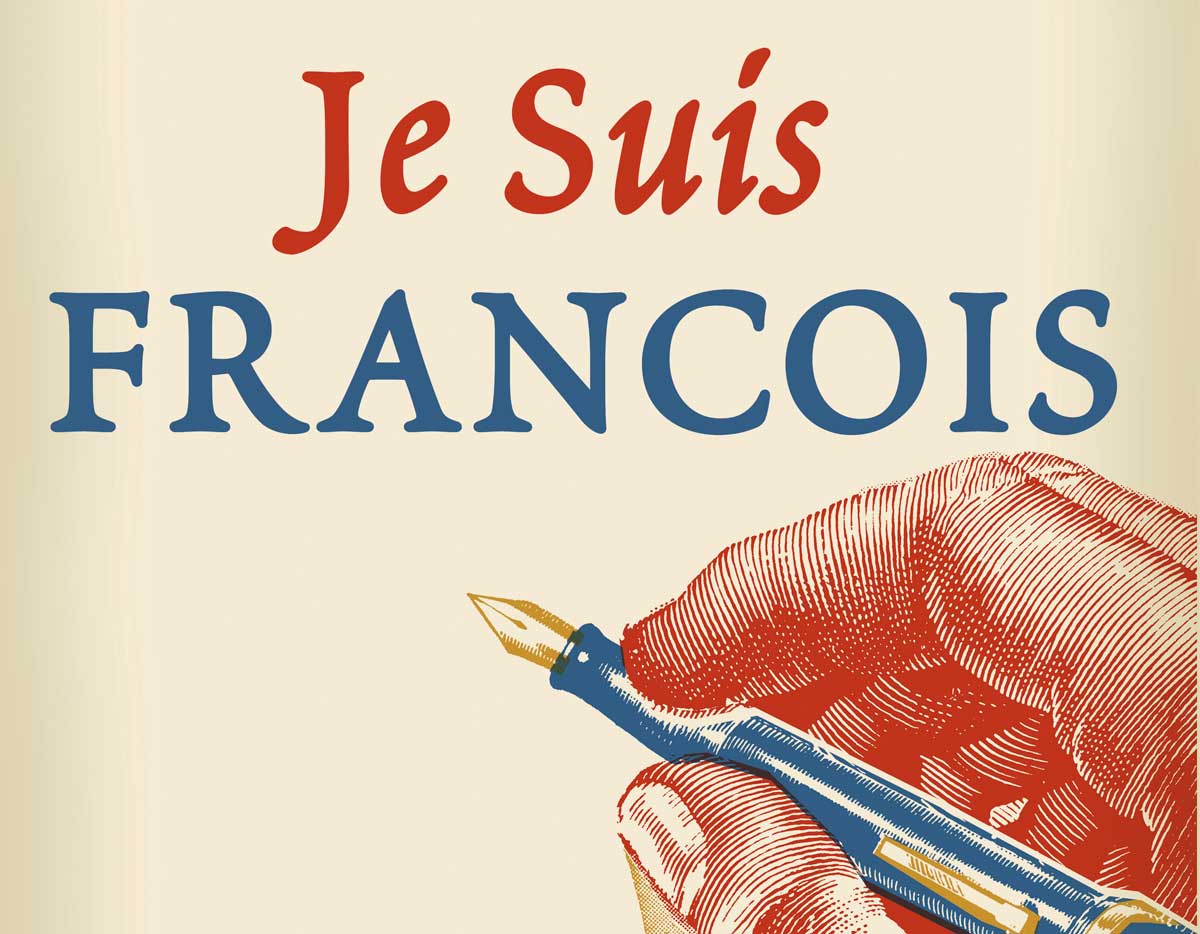Gratitude & Grace
One of the vestigial traces of Christianity in a secular society like ours is some general expectation of interpersonal graciousness. Even if most people think of politeness or good manners as appropriate, however, whether they are always connected to actual gratitude we can be less sure. As a child, I may have had a bigger dose of total depravity than most children, as my mother claimed to believe, but I wonder if my memory of learning social niceties such as saying “please” and “thank you”—pretty much in the pursuit of self-interest—wouldn’t be the experience of lots of little kids during their formative years. Connection to anything resembling the virtue of gratitude comes much later, and probably then only in family circumstances where gratitude is regularly expressed in other ways.
I admit that even then it can take a while for gratitude to become habitual in the way the Bible regards as fundamental to spiritual health. In our home during my pre-teen years, we had a pretty regular weekly menu. Sunday was our feast day, so we typically had roast beef for dinner, usually a pot roast slow-cooked with vegetables, timed to be ready when we got home from church. Saturday night was baked beans, soaked over Friday night and, when cooked most of the day with molasses and served with a loaf of fresh bread brought home by Dad from Slater’s bakery, almost as tasty as the roast. These were my favorites, and I remember being honestly thankful for both. Codfish on Friday I was less enthusiastic about, but it was food. Thursday night seemed to me another matter altogether: liver and onions, rain or shine, summer or winter. Ugh. One Thursday evening, after grace over the meal was said by my father, I had the temerity to ask if it was necessary to be honest when saying grace. My father said, “What is that supposed to mean?”
“Some of us might not be all that thankful for liver and onions,” I replied. Bad moment: I was thoroughly upbraided for my ingratitude. “Think of all the poor children in Africa, for goodness’ sake. They are starving to death and here you are complaining about such highly nutritious food!” My mother was not amused. Then I made it worse. “I bet those kids wouldn’t like liver either.”
THIS ARTICLE ONLY AVAILABLE TO SUBSCRIBERS.
FOR QUICK ACCESS:
David Lyle Jeffrey is Distinguished Professor Emeritus of Literature and the Humanities at Baylor University and Resident Distinguished Professor of Baylor Institute for Studies in Religion.
subscription options
Order
Print/Online Subscription

Get six issues (one year) of Touchstone PLUS full online access including pdf downloads for only $39.95. That's only $3.34 per month!
Order
Online Only
Subscription

Get a one-year full-access subscription to the Touchstone online archives for only $19.95. That's only $1.66 per month!
bulk subscriptions
Order Touchstone subscriptions in bulk and save $10 per sub! Each subscription includes 6 issues of Touchstone plus full online access to touchstonemag.com—including archives, videos, and pdf downloads of recent issues for only $29.95 each! Great for churches or study groups.
Transactions will be processed on a secure server.
more on culture from the online archives
more from the online archives
calling all readers
Please Donate
"There are magazines worth reading but few worth saving . . . Touchstone is just such a magazine."
—Alice von Hildebrand
"Here we do not concede one square millimeter of territory to falsehood, folly, contemporary sentimentality, or fashion. We speak the truth, and let God be our judge. . . . Touchstone is the one committedly Christian conservative journal."
—Anthony Esolen, Touchstone senior editor













